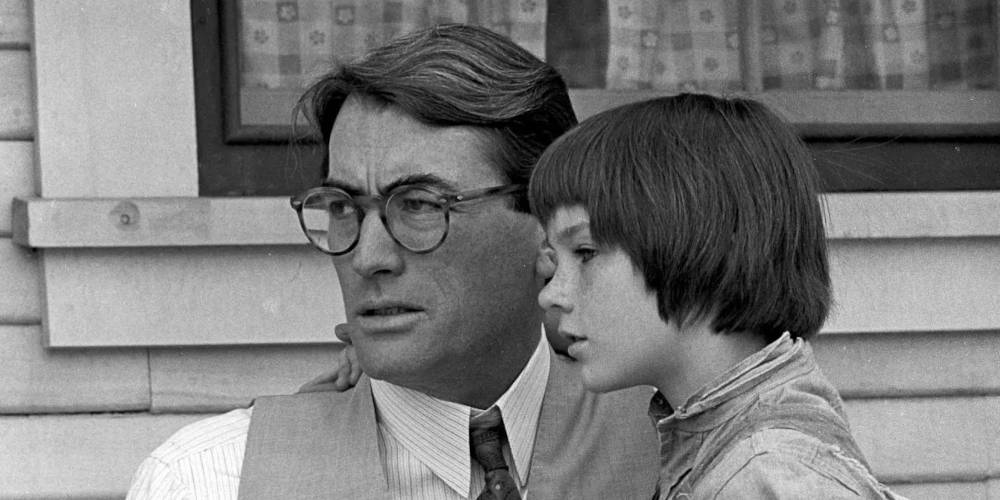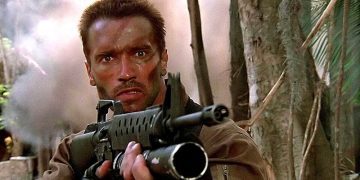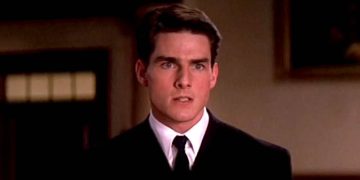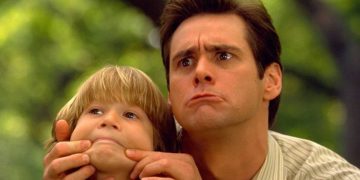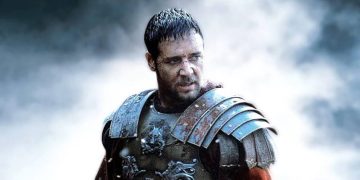Despite all the examples of toxic masculinity in film, it's the image of a strong, positive, healthy masculinity that's far more embraced by viewers around the world.
Painting the ideals of manhood can be hard, but when done well, the characters that do so push deeper into cinema's rich history—and healthy masculinity doesn't always look the same.
Here are our picks for the best examples of positive masculinity in movies and what it is that makes them healthy.
7. Hicks in Aliens (1986)
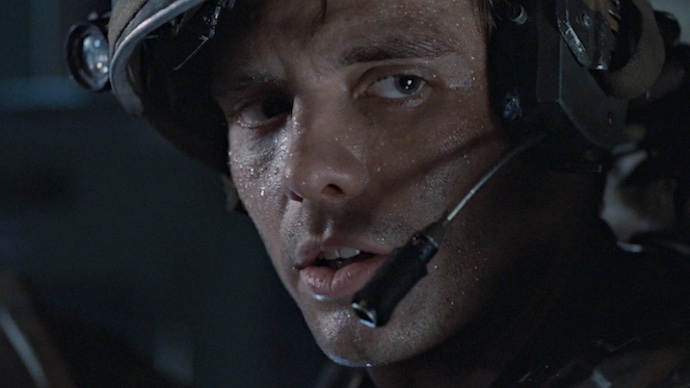
In Aliens, Hicks is the opposite of every other Marine in his combat group. Not that he isn't tough or willing to go in weapons-free, but he has a way of thinking through a situation that makes him more aware than his cohorts.
Hicks is a natural leader. However, more than that, he's able to shut out the voices of ignorance and listen to reason, allowing Ripley to take charge of the situation on many occasions.
It's his ability to listen and his willingness to allow those who evidently know more than he does to take charge that makes Hicks an example of positive masculinity in life-and-death scenarios.
In the end, he's physically unable to go after Newt when Ripley demands they go back for the girl, but his example is set as a good man with honest morals and integrity.
6. Forrest Gump in Forrest Gump (1994)
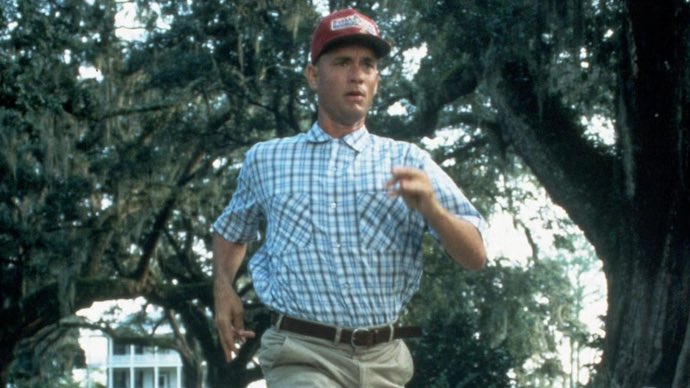
Forrest Gump is a simple man with simple needs in life. He listens to what his mother says and abides by Christian ideology, all while loving a girl who has trouble loving herself at the best of times.
His example is set through his treatment of those around him. For example, he isn't sucked into racism during an era of segregation, and he even helps one student when she drops her book during a protest about her going to school.
Indeed, Forrest sees the world from a perspective of innocence, always helping others whenever he can.
In the end, he's finally able to marry his love Jenny shortly before she passes away. Yet, in his pain, he remains the good man who's trying to do the right thing by his wife, his mother, and his son.
5. Juror 8 in 12 Angry Men (1957)
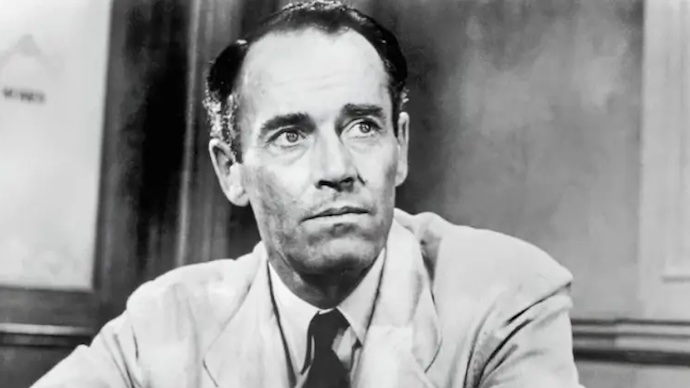
When every other juror was committed to sending an adolescent to the electric chair without considering all the facts of the case, Juror 8 was the lone man who stood against the hivemind.
In 12 Angry Men, he's the one who forces his fellow jurors to take the case seriously because there's a real, human life on the line.
In doing so, he doesn't just expose flaws in the trial that they all just witnessed, but he also manages to get to the core of some prejudices and misconceptions held by some of his peers in the room.
His refusal to give up on his principals and his integrity in the face of the justice system is what makes Juror 8 a positive example of masculinity. It's always easy to go with the crowd, but he stand firms and challenges everyone with reasoning and clarity.
4. Lloyd Dobler in Say Anything (1989)
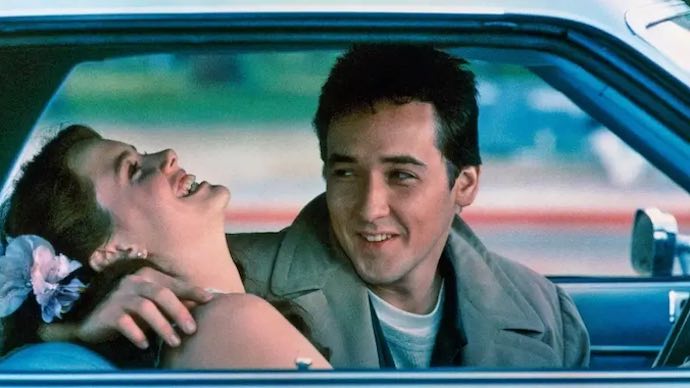
Lloyd Dobler is a hero in the rom-com genre. He isn't pushing an ulterior motive and he isn't looking for a quick sexual fling with Diane. Instead, he genuinely wants to help her fulfill her dreams and make her life better for being in it.
He's the guy who would stand under her window with a boombox just to let her know that he still loves her, and he won't give in to selfish pride. Lloyd is wholly the sweet guy who gets what he deserves.
Sure, he's somewhat blockheaded at times, but he's honest, he's willing to do what's right, and he has no anger or resentment towards the people who try and do him harm.
Lloyd is the guy everybody wishes they were: cool, selfless, authentic, funny, sweet, and utterly charming.
3. Maximus Decimus Meridius in Gladiator (2000)
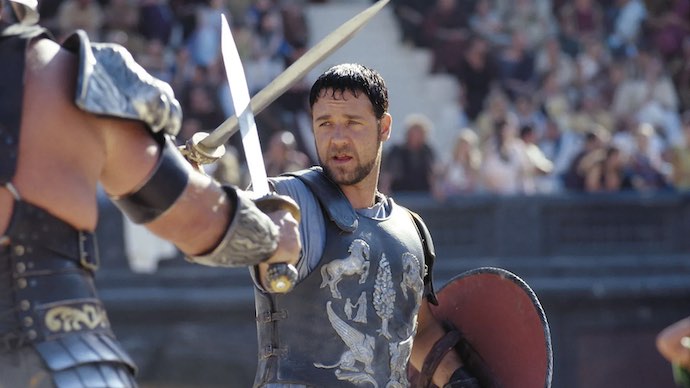
Everything Maximus Decimus Meridius does in Gladiator pushes him further towards his destiny, and that destiny is this: to kill the man who ordered the deaths of his wife and child.
Yet, all across the Roman soldier's journey—one that's built on revenge—he holds himself to the highest ideals.
He wants to convey the final commands of his lost friend, Emperor Marcus Aurelius, which say that Rome should be rid of all forms of tyranny. He dies to achieve this, but he also delivers punishment against the murderous Commodus.
In the end, Maximus dies of his wounds after killing Commodus, but he's then reunited with his wife and his son in the next world, where he walks through a wheat field to be with them. He dies as the good and honorable man who delivered a final message of freedom.
2. T-800 in Terminator 2: Judgment Day (1991)
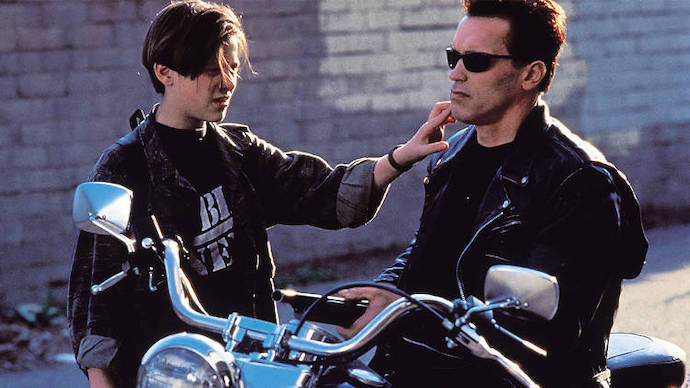
In The Terminator, Arnold Schwarzenegger's T-800 seeks to destroy Sarah Connor before her son, John, can be born, which would win a future war against humanity for the machines.
Then, when Terminator 2: Judgment Day came along, people feared the worst when the same T-800 caught up with a now-teenage John in the mall. However, in that moment, the machine takes John and protects him against the bullets of the T-1000.
Arnold Schwarzenegger's bodybuilder frame makes him an icon of physical masculinity, but the softness of his character towards the young John is in stark contrast to all expectations.
Even Sarah Connor notes how the T-800 would protect John until its own end and make a good father figure for him. So, when the T-800 bids farewell to a crying John, there's never a dry eye in the room.
1. Atticus Finch in To Kill a Mockingbird (1962)
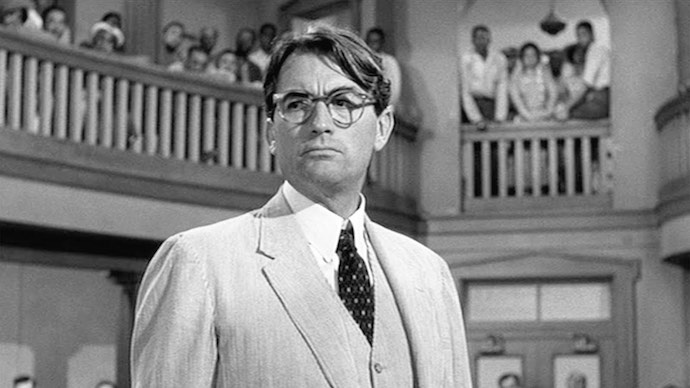
In defending a black man who's wrongfully accused of raping a woman, Atticus Finch proves that he's the one man who's willing to stand up and say what few others dare.
His fight isn't only against racism. It's a fight for his own reputation as a lawyer and a man, and it's a fight for the safety of his family through a biased case that leads him to lose.
But he does it all with such dignity that it's impossible to ignore the man's stature, authenticity, and integrity.
Throughout the film (and the book), Atticus Finch holds himself and his children to ideals that make them stand out from their contemporaries. He's an example of what a real man is, who won't compromise his principles or his belief in equal treatment for all.
Played by the extraordinary Gregory Peck, Atticus Finch isn't far off from the man who portrayed him, who was known by all in Hollywood as a man of principle, gentleness, and honesty.
